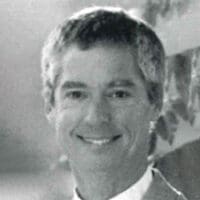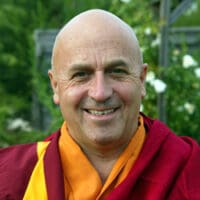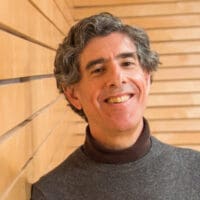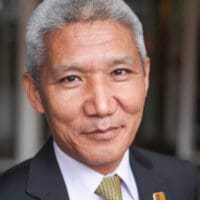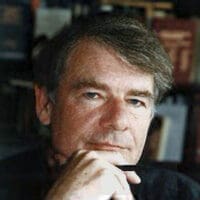Overview
Modern scientific knowledge of how stress affects the brain and body and how the brain can become re-organized to produce states of focused attention that promote learning and change has burgeoned over the past decade.
This session will showcase some of the latest scientific research on these topics to provide a foundation for the likely substrates upon which meditation might operate. In addition, a detailed understanding of the biological substrates of stress and plasticity will provide a framework for the design of new research that is based upon this recent understanding.
- Dialogue 1316 sessions
- November 8, 2005Dar Constitution Hall, Washington, DC
- Transcript - Connection, Community, and Compassion with Susan Bauer-Wu, Dekila Chungyalpa, Elissa Epel, and Brother Phap Dung |pdf|

